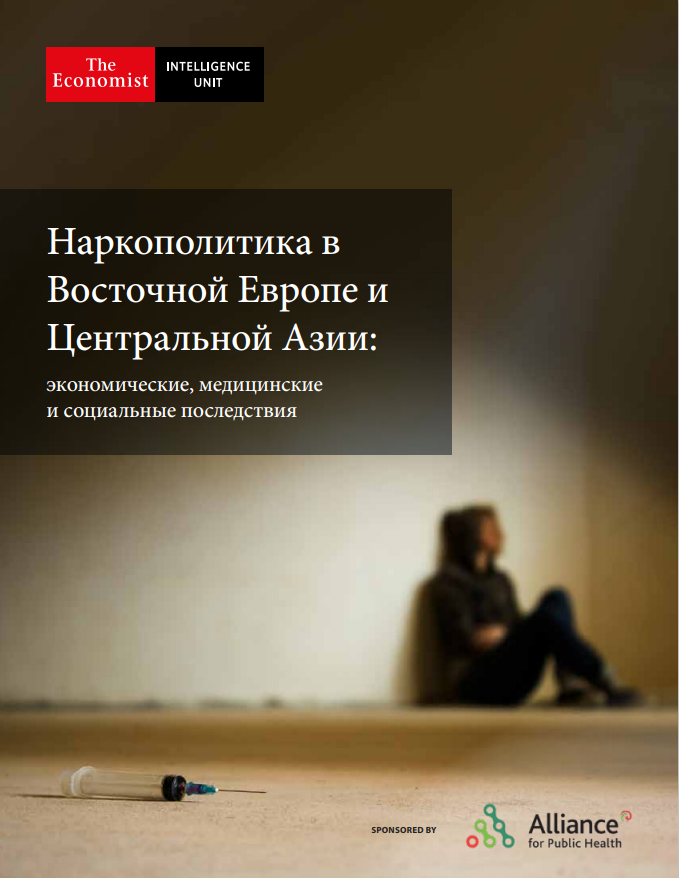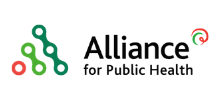The former communist countries of Eastern Europe and Central Asia (EECA) are transition economies, attempting to manage rising healthcare costs whilst reforming their health systems. EECA is one of the few regions in the world where the incidence of Human Immunodeficiency Virus (HIV) is going up. Because of competing needs, public health interventions for HIV have been low on policymakers priority lists, with the allocation of domestic funds to scaling-up HIV prevention programmes falling short of demand.
Criminalisation of drug use and incarceration for drug-related offences are one of the main influences behind an increase in prison populations in EECA countries. Arresting and putting people who inject drugs (PWID) in prison is both expensive and associated with an increase in HIV infections. The funds allocated to incarcerating PWID massively outweigh those spent on prevention and treatment for this group. The stigma associated with drug use in EECA further hinders the expansion of HIV prevention programmes within mainstream public health.
In parts of Western Europe, evidenceinformed, properly scaled up, community-led harm reduction services exist, where criminal sanctions for individual use and possession of drugs are removed and human rights are respected. Such harm reduction approaches have helped decrease problems with drug use, reduce overcrowding in prisons and dramatically reduce the incidence of HIV in PWID. The case for addressing punitive criminalisation strategies and stigma associated with HIV in PWID in EECA is clear, yet progress towards decriminalisation remains slow.
This Economist Intelligence Unit (EIU) report aims to capture the attention of policy-makers in four study countries in the EECA region; Belarus, Kazakhstan, Kyrgyzstan and Russia to make the case for the cost effectiveness and health gains achieved when the criminalisation of drug use is reduced, harm reduction is scaled up and stigma and discrimination towards PWID and other vulnerable populations is reduced. To eliminate HIV in PWID this report arrives at the following four recommendations:
A shift in resource allocation. Investing the money saved from decriminalising drug use and possession for personal use (€38m-€773m over 20 years) into scaling up antiretroviral therapy (ART) and opioid agonist treatment (OAT) could effectively control the current HIV epidemics among PWID in the four study countries for no added cost. This both achieves the Joint United Nations Programme on HIV and AIDS (UNAIDS) coverage targets of ART in all settings, increases the coverage of OAT and reduces HIV incidence in PWID by 79.4-92.9% over 20 years. As OAT is not available in Russia, scaling up needle and syringe programmes (NSP) is an alternative solution which would be cheaper than scaling up OAT and ART. It would cost on average €46.5m per year to get 60% coverage of PWID and avert around 14,000 HIV infections per year. What is striking about these findings are the savings and HIV infections averted following such a simple shift in resources from criminalisation to harm reduction approaches, something governments cannot ignore.
Scaling up harm reduction in prison and continuity of care on release. Punishment should restrict freedom, not healthcare. Harm reduction needs to be scaled up not only in the community but also in prisons. The data explaining the risk of HIV transmission in prison is often blurred by underreporting and poor data collection. Special attention should be given to PWID when they leave prison, to ensure they continue to receive services, prevent overdose and further offending. Transitional care, which includes the provision of harm reduction interventions in prison and sustaining them post release is crucial to reducing HIV prevalence in the long term and should be made part of a national framework that straddles health and the criminal justice system.
Tackling stigma and discrimination. Stigma and discriminatory attitudes towards vulnerable populations need to be stopped. Stigmareducing workshops which educate the health and law enforcement sector on HIV prevention is a simple yet scarce solution in EECA. The importance of counselling, supporting positive mental health, addressing homelessness, preventing overdose and providing access to sexual and reproductive health services should be central to these educative workshops. Long term solutions require consistent and robust data collection on violence, discrimination and stigma, alongside actively using tools of influence such as shadow and alternative reporting to UN human rights treaty bodies.
Urgent law enforcement reform. To stop law enforcement officers from committing corrupt practices, there must be a reform of not only the police, but also a complete makeover of drug legislation and healthcare policies supporting drug users and people living with HIV. Punitive laws against key populations must be removed, and vulnerable populations such as sex workers, men who have sex with men, trans people, prisoners and PWID should be protected rather than antagonised by legal aid and law enforcement institutions.
 |
| Download Russian Report |






